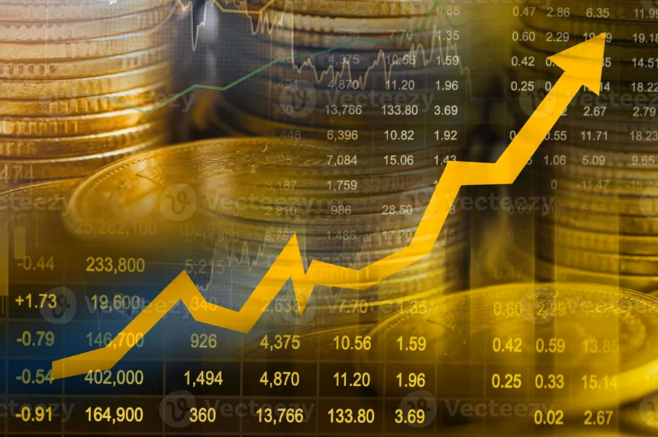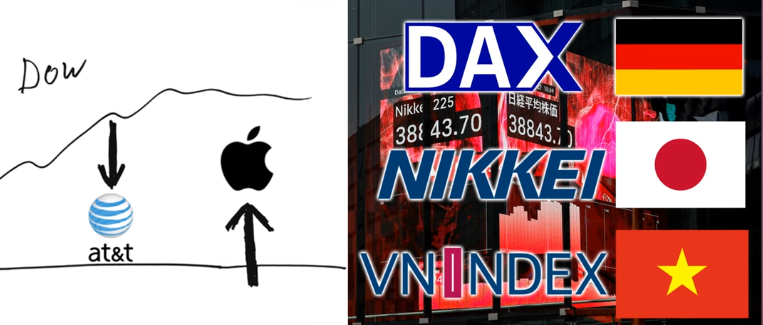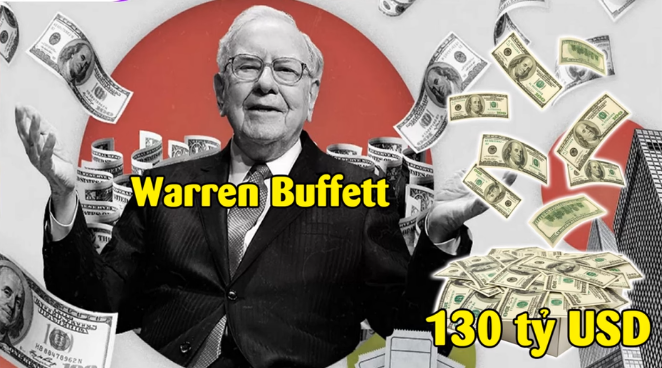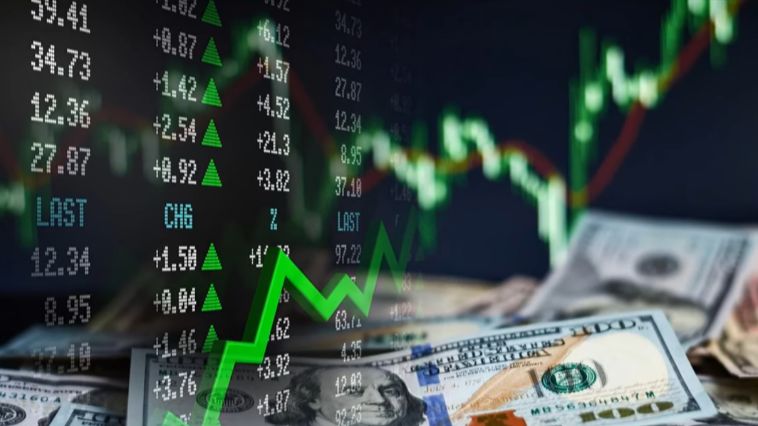We often hear information about the stock market every day, such as record high closing levels, price explosions, or record IPOs. This information makes us wonder, what is the stock market really, and why is it important?

When the stock market is booming, we are encouraged to believe that the economy is also on the rise. For example, people often believe that the U.S. stock market and the health of the U.S. economy are closely linked, that the market is showing that the economy is on the path to prosperity, and that a soaring stock market will benefit everyone. But is that always the case? And if not, what is the stock market measuring? In this article, we will seek answers by decoding the true meaning of the U.S. stock market.
Raising capital from the public

To understand better, imagine a simple business like Jennifer's lemonade stand. Jennifer is very successful in her business, but she wants to scale up. She could borrow money from the bank, but the bank thinks that is too risky, and wealthy investors are also not interested in her project. So Jennifer decides to take her company public through an initial public offering, or IPO. She offers a small portion of her company to anyone who wants to invest at a fixed price.
For example, at $1, Jennifer sells a lot of shares and has money to expand her lemonade empire. After going public, Jennifer can use the funds raised to open new lemonade stands, thereby generating more profits that she can invest in developing new products or paying a portion of the profits to her investors in the form of dividends. Paying dividends is not mandatory, but it helps attract the attention of investors and makes them more likely to buy shares of the company. Now imagine another investor named Bob. Bob believes that Jennifer is a savvy businesswoman and that her lemonade stand will thrive in the future. Therefore, he decides to buy some shares from one of the initial investors at double the IPO price.
Bob hopes that if Jennifer continues to succeed, he can sell these shares at an even higher price in the future. That is how the stock market works; people buy and sell small portions of companies based on their expectations of the value of those portions in the future. This process happens thousands of times per second around the world. There are many stock markets globally, but the New York Stock Exchange (NYSE) is one of the largest. The NYSE was established in 1792 and is where shares of large and long-established companies in the U.S., such as IBM and GE, are traded.
In addition to the NYSE, the U.S. also has NASDAQ, another stock exchange that was established in 1971. NASDAQ does not have a physical trading location; all transactions are conducted online. This is where you can find shares of tech companies like Apple and Facebook.

Stock indices were created to simplify market tracking by converting stock prices into a specific number. The two most important indices in the U.S. are the S&P 500 and the Dow Jones. While the S&P 500 tracks the performance of the 500 largest companies on both major exchanges, the Dow Jones focuses on 30 companies considered the most influential. For example, in 2015, Apple replaced AT&T in the Dow Jones index. Similar to the U.S., other countries also have their own indices to reflect their stock market conditions, such as Germany's DAX, Japan's Nikkei, or Vietnam's VN Index.
Why is the stock market necessary?
Today, it is common for large companies to be listed on exchanges, but this was not always the case. In the early 20th century, large corporations in the U.S. were often controlled by a single individual, such as Andrew Carnegie, Vanderbilt, or Rockefeller. However, this began to change in the early 20th century with the emergence of companies like General Motors, General Electric, and RCA. These companies realized that going public allowed them to raise capital more quickly. The ability for shareholders to buy and sell shares creates a self-regulating mechanism for businesses. If a CEO makes poor decisions, the stock price will drop as shareholders sell off, while good performance will attract investment and drive the stock price up.

This mechanism has turned the stock market into a driving force that encourages companies to make sound decisions, generate profits for shareholders, grow businesses, create jobs, and contribute to overall prosperity. By the mid-20th century, publicly traded corporations in the U.S. had become symbols of efficiency, power, and influence. The development of the stock market after World War II contributed to a golden age for the U.S. economy.
This system not only provides profits for wealthy investors but also creates opportunities for ordinary people to participate in investing, with millions of jobs created at attractive wages and innovative products produced and sold globally. At that time, business executives not only prioritized shareholder interests but also cared about their responsibilities to employees, customers, and the community. Large corporations like Buick and DuPont became symbols of prosperity and progress in modern America.
Investing in stocks
These public companies have contributed to building a solid middle class in America, and for those who understand how the market works, trading stocks can become a pathway to wealth. A prime example is the story of Warren Buffett, a humble man with a passion for folk music but a billionaire investor, a towering figure on Wall Street, and the most famous investor in America with a massive fortune of over $130 billion by 2024. Buffett is known for his unique value investing philosophy. He focuses on meticulously analyzing companies, carefully considering their balance sheets and business operations.

However, he also offers simple advice for those who do not have much time: buy low-cost index funds that mimic the S&P 500. This type of fund allocates the smallest investment amount across all companies in the index, allowing you to participate in the overall growth of the stock market. This is an alternative to entrusting your money to professional investors, who often charge high fees with the promise of beating the market, which is often hard to achieve. Buffett himself once wagered $1 million that an index fund would outperform a hedge fund over ten years, and he won.
